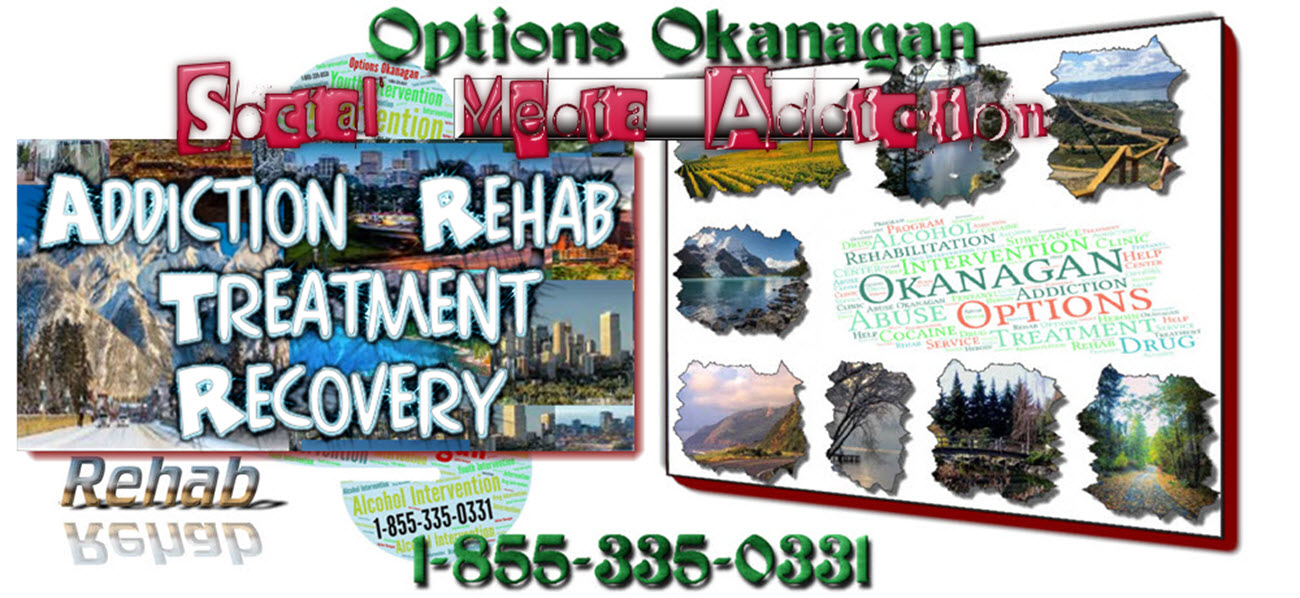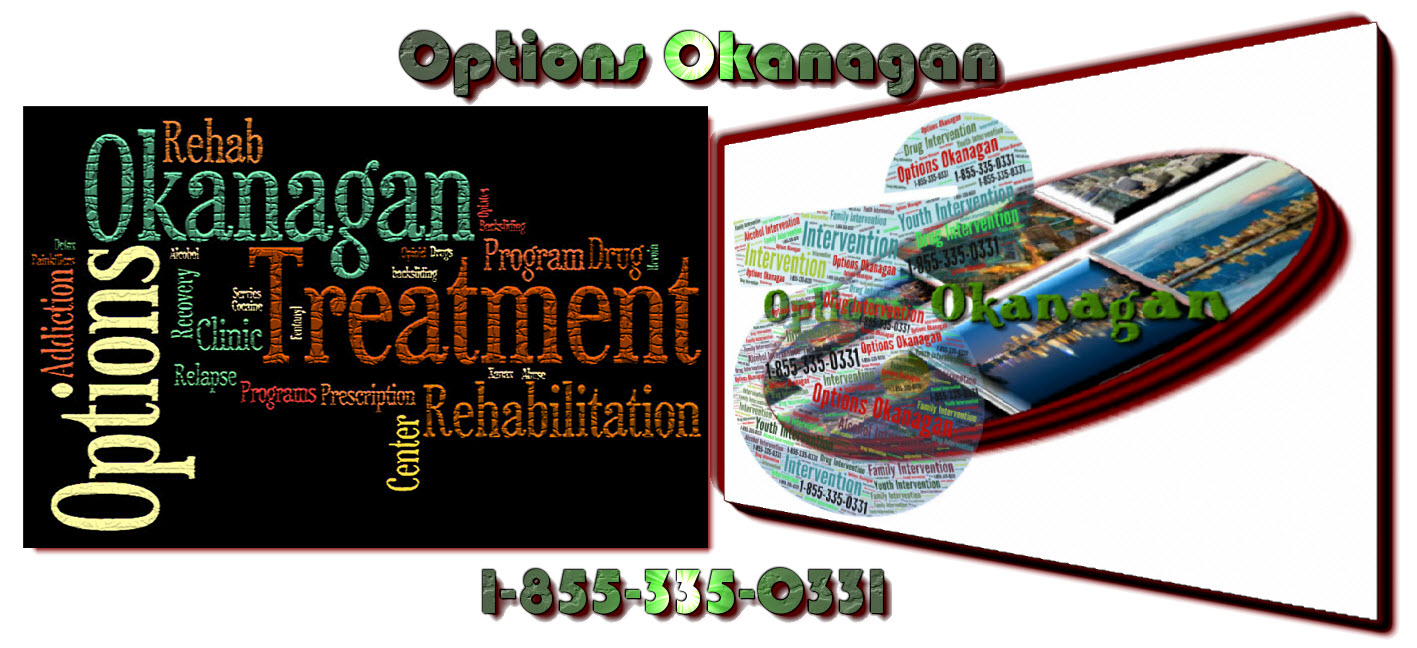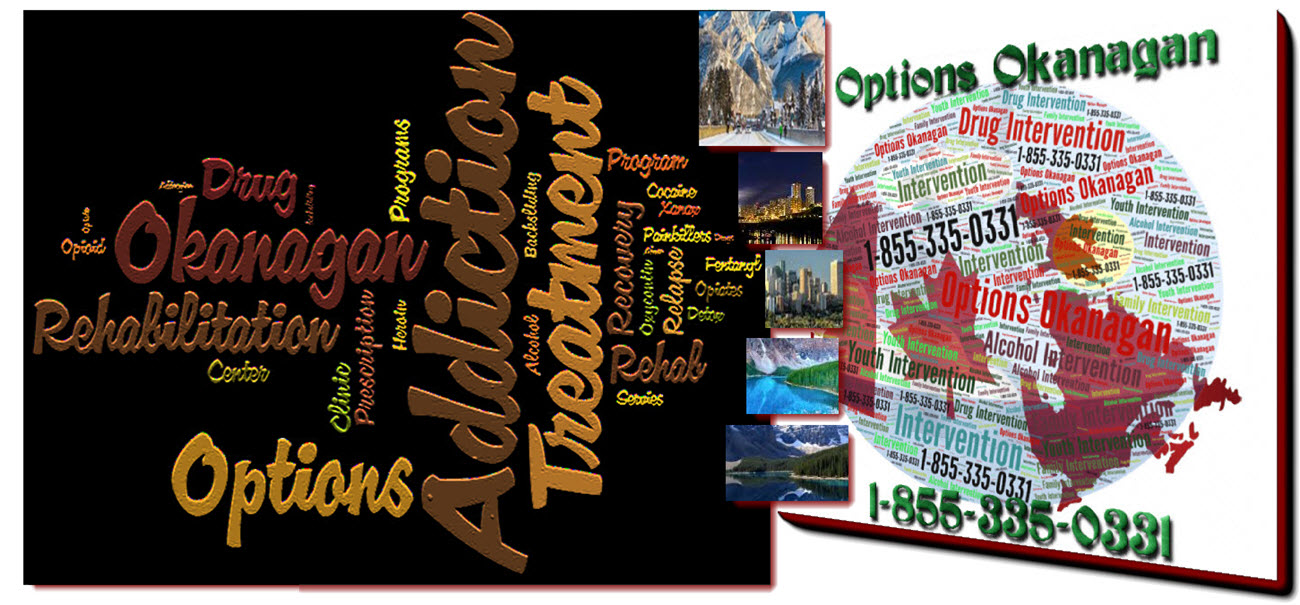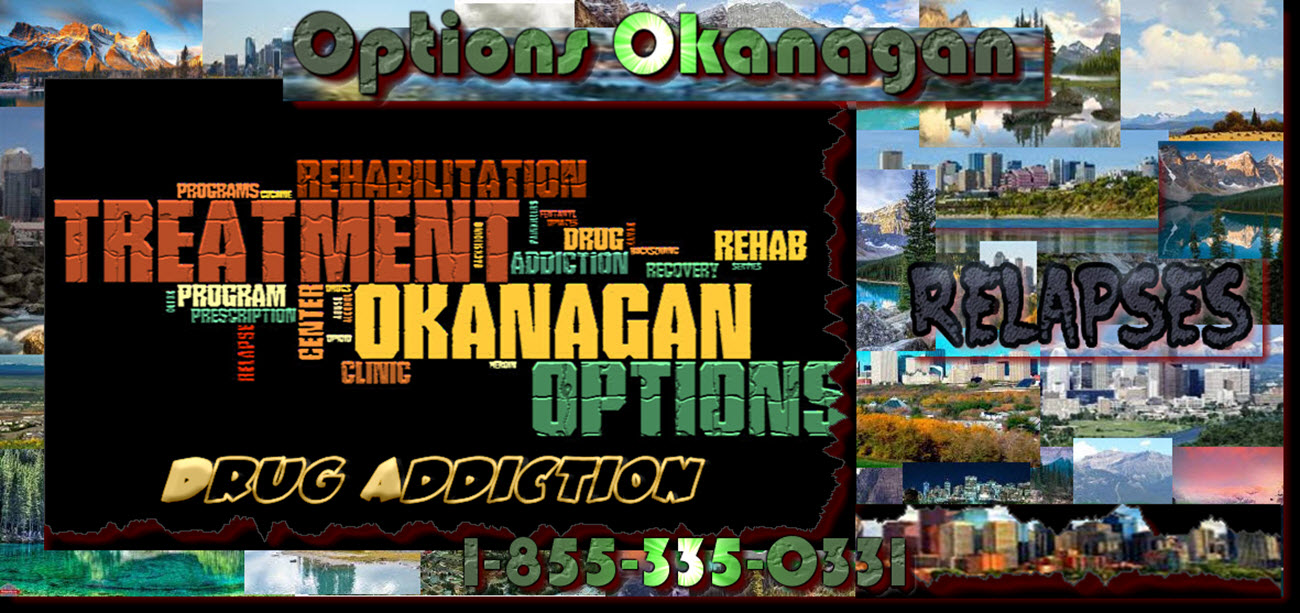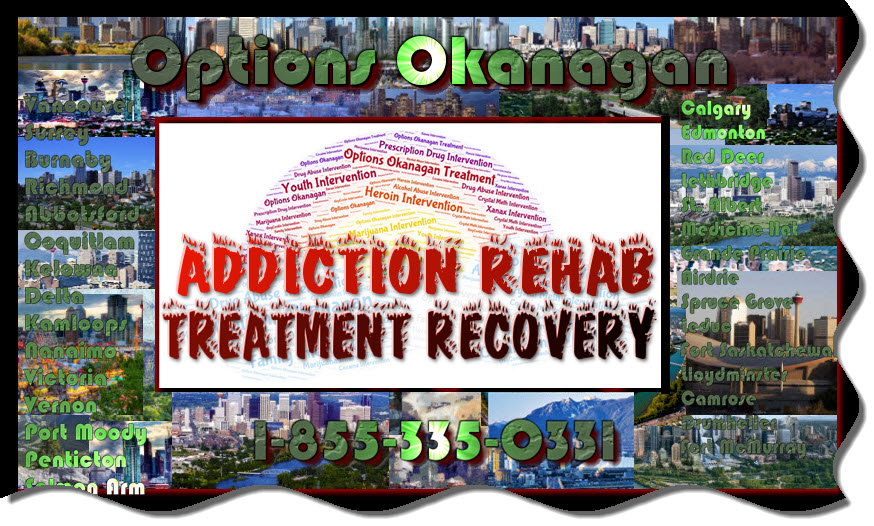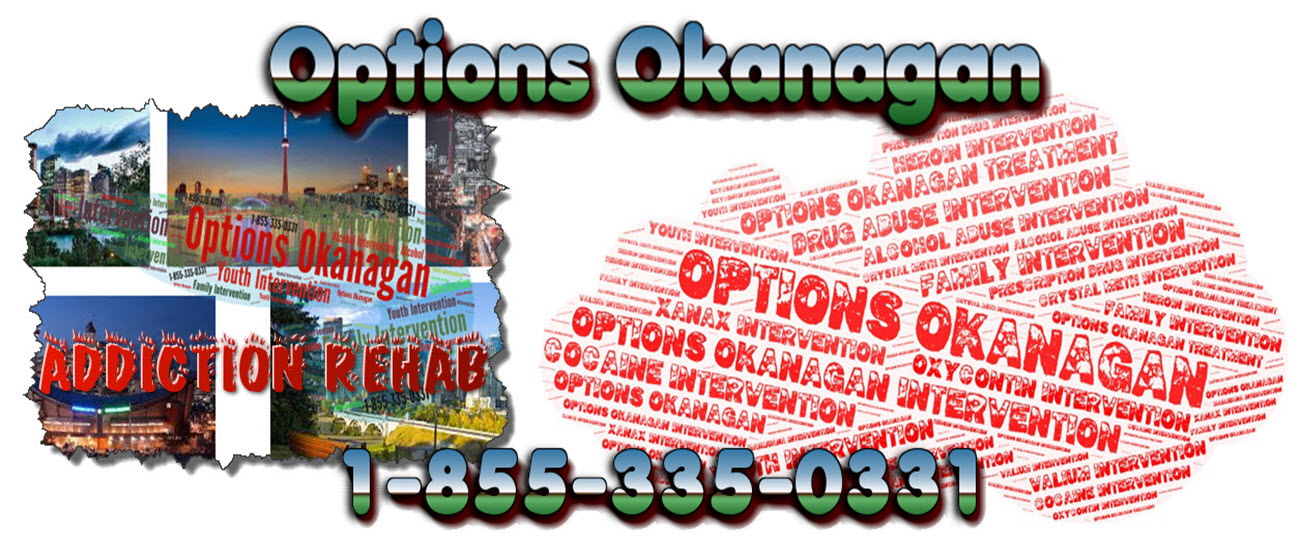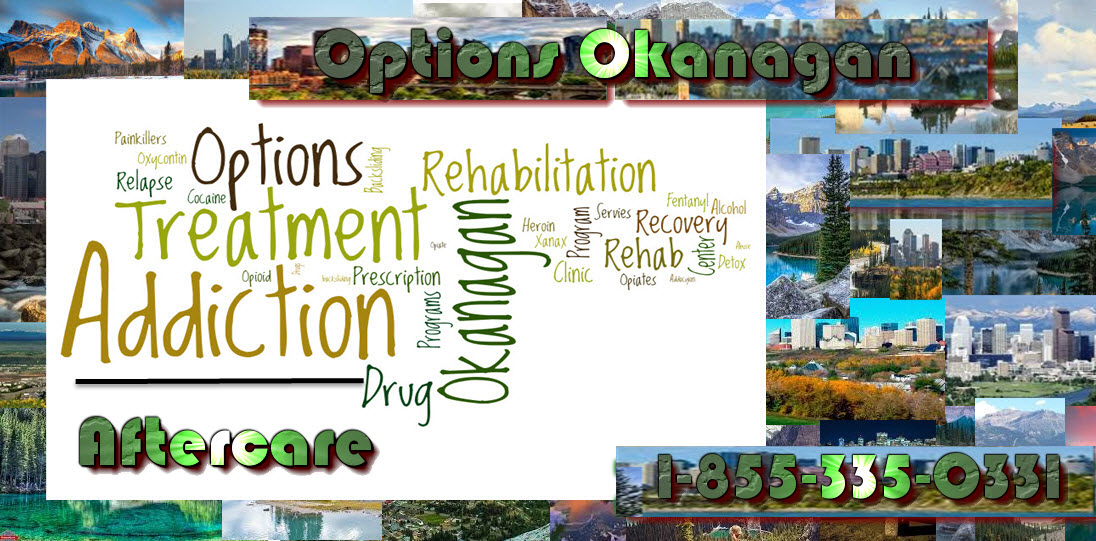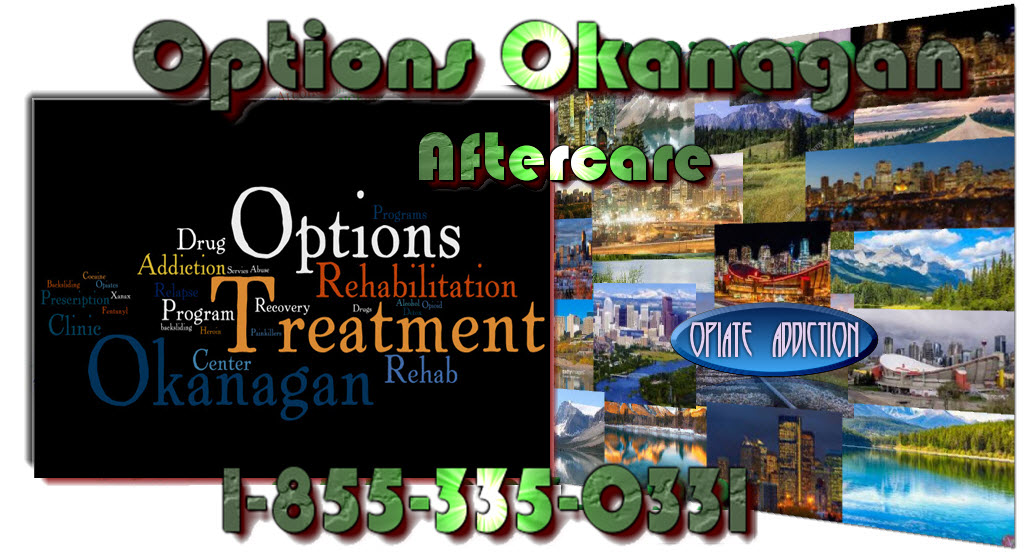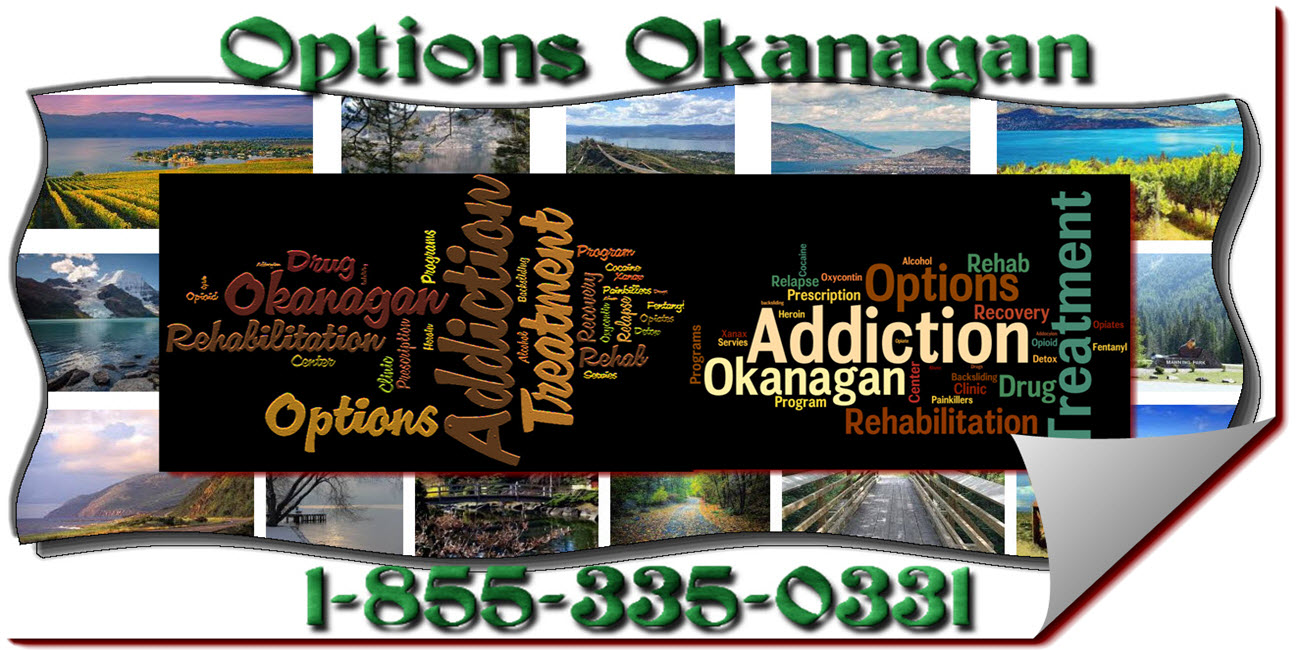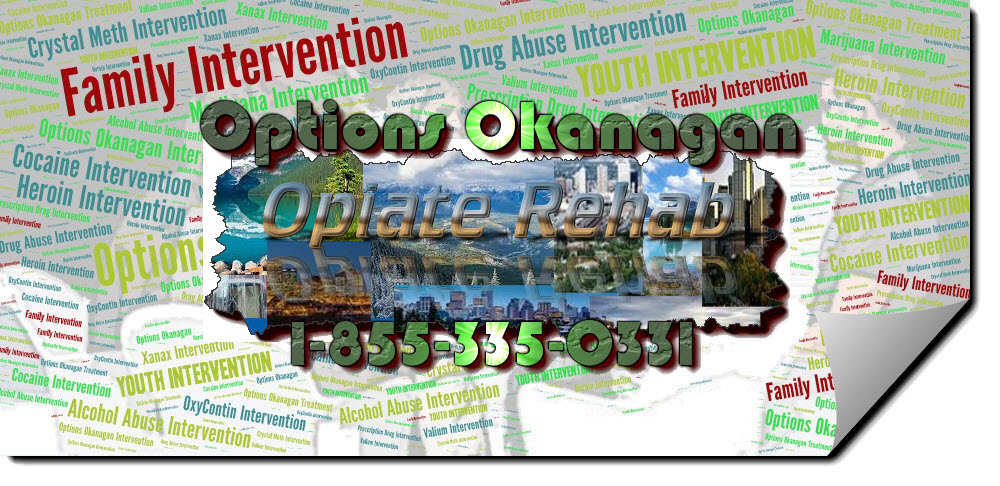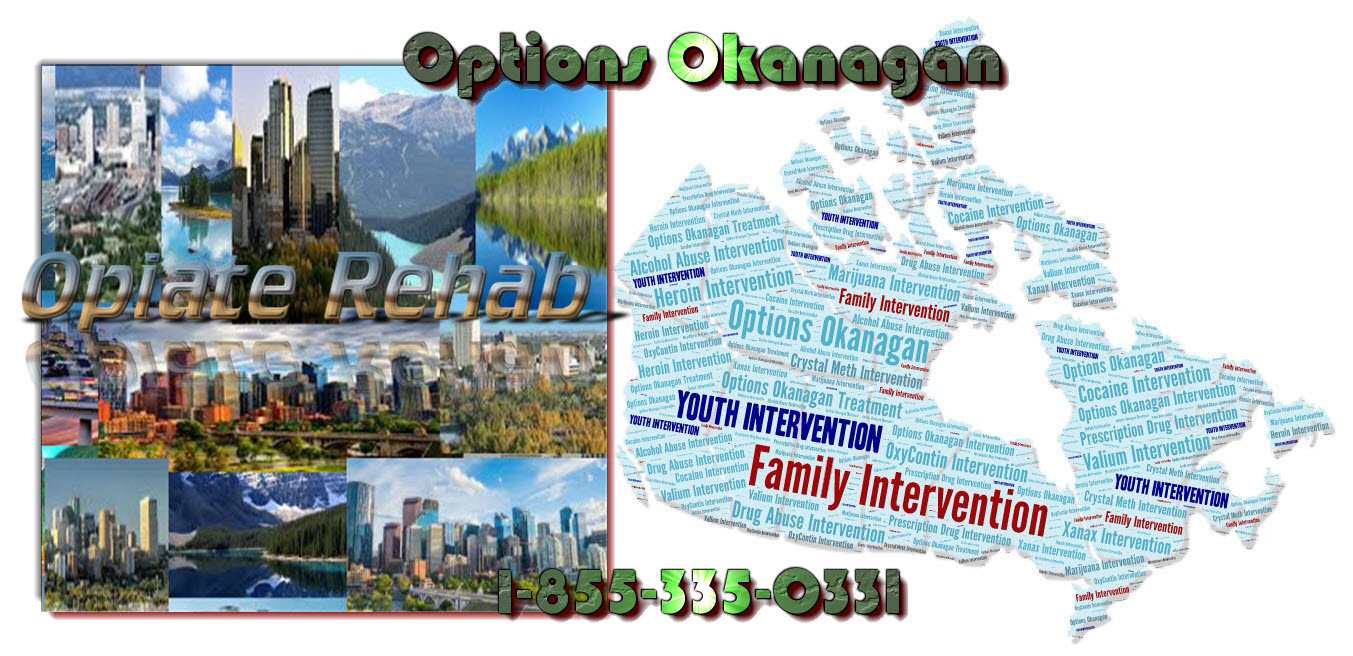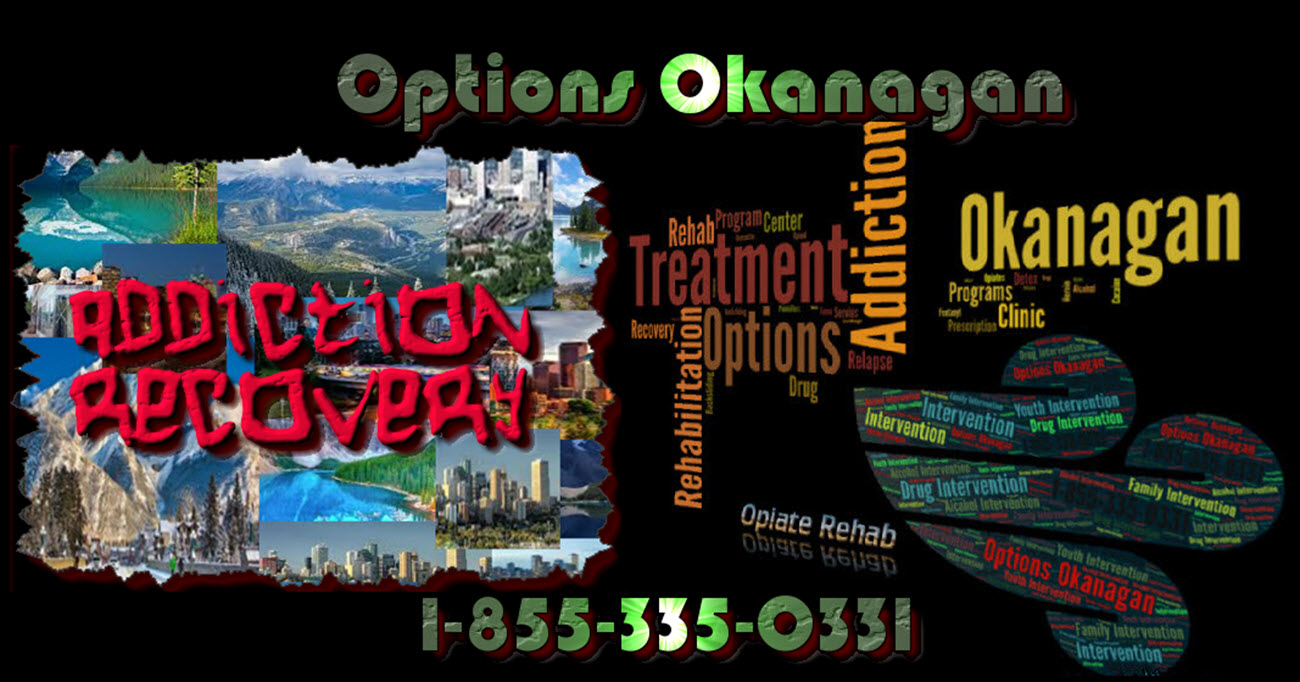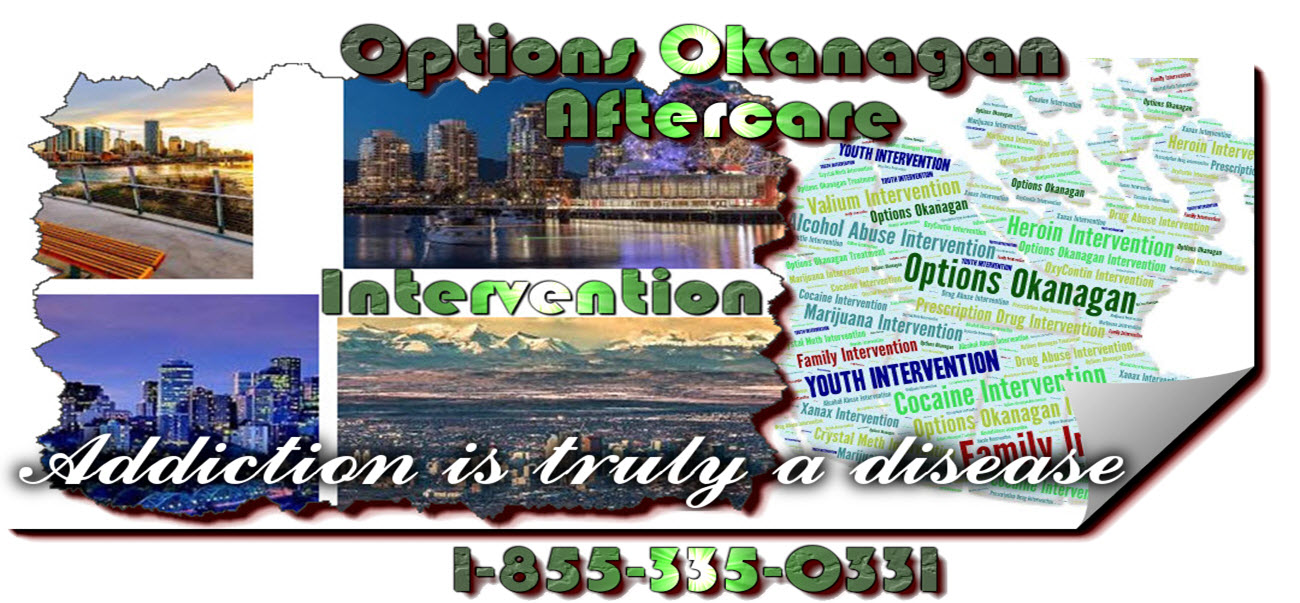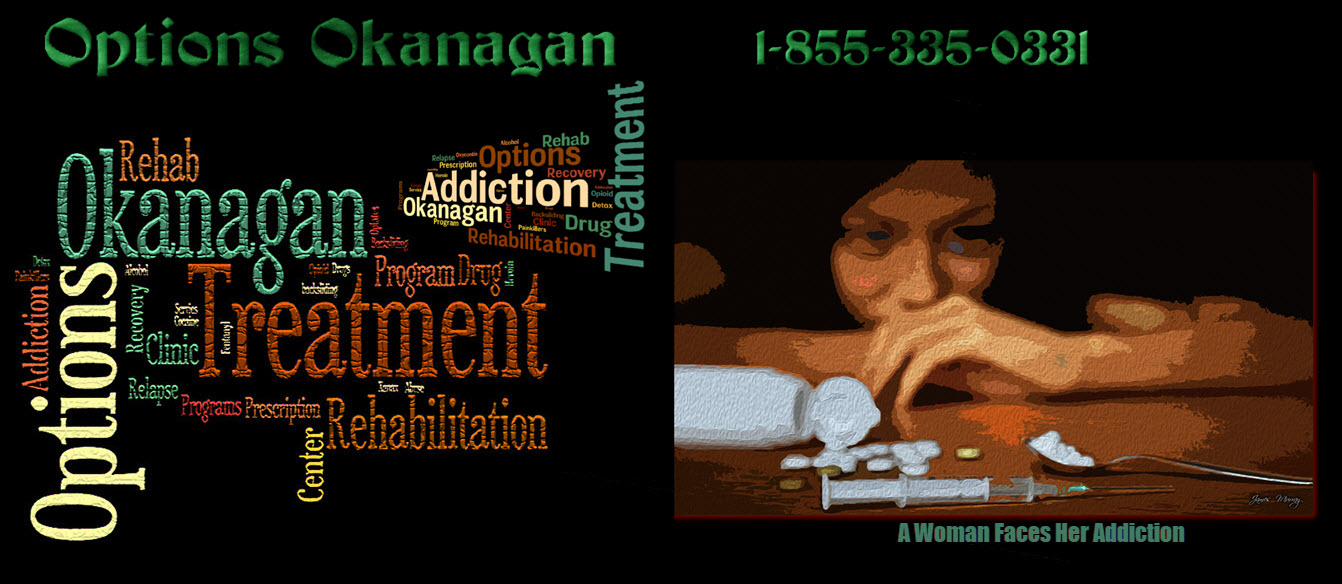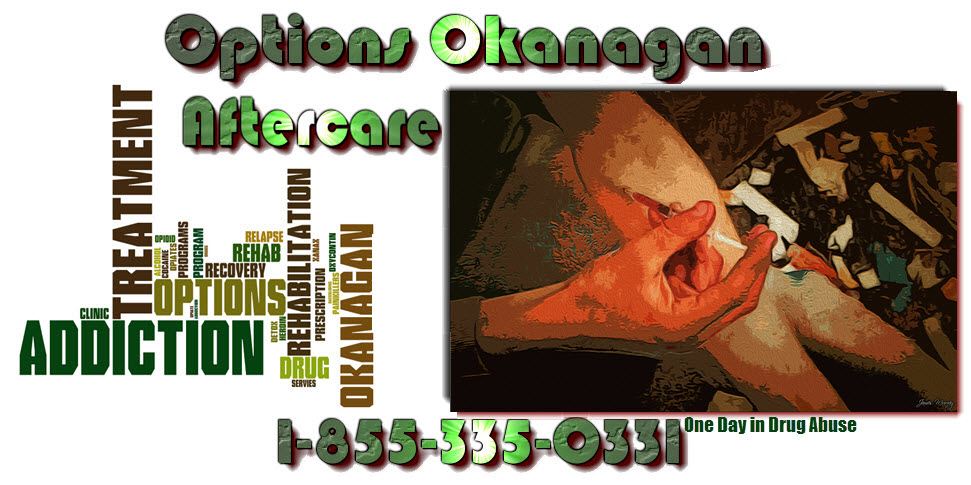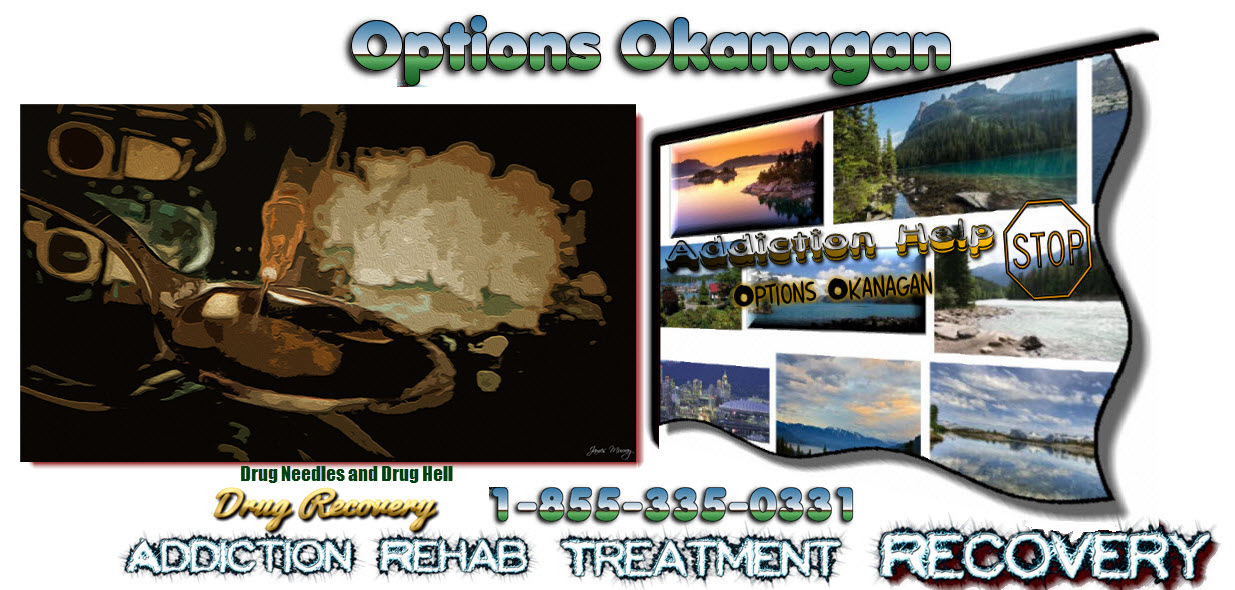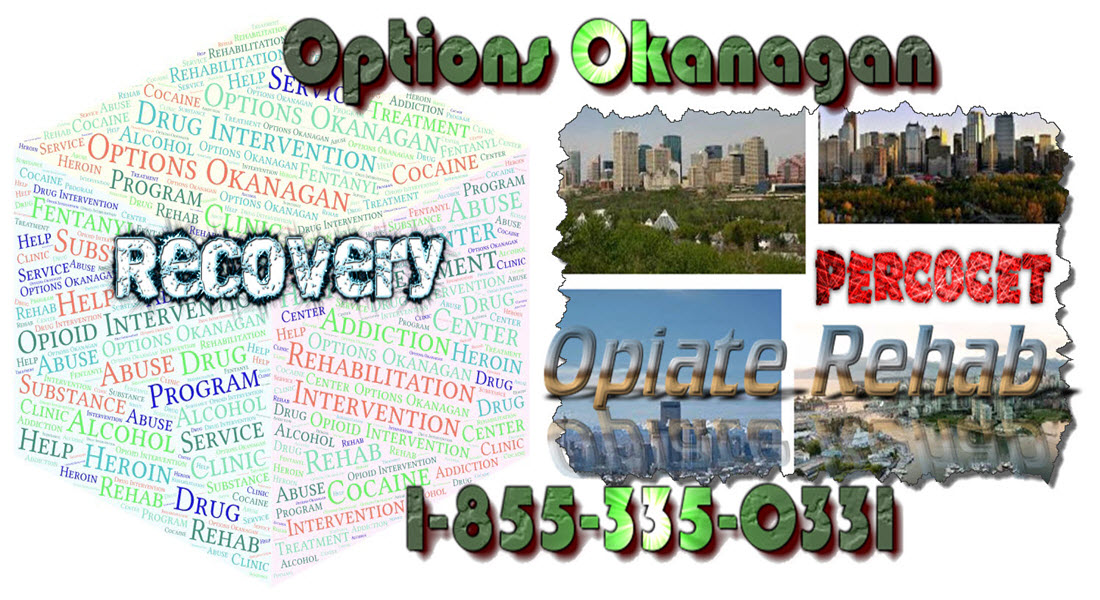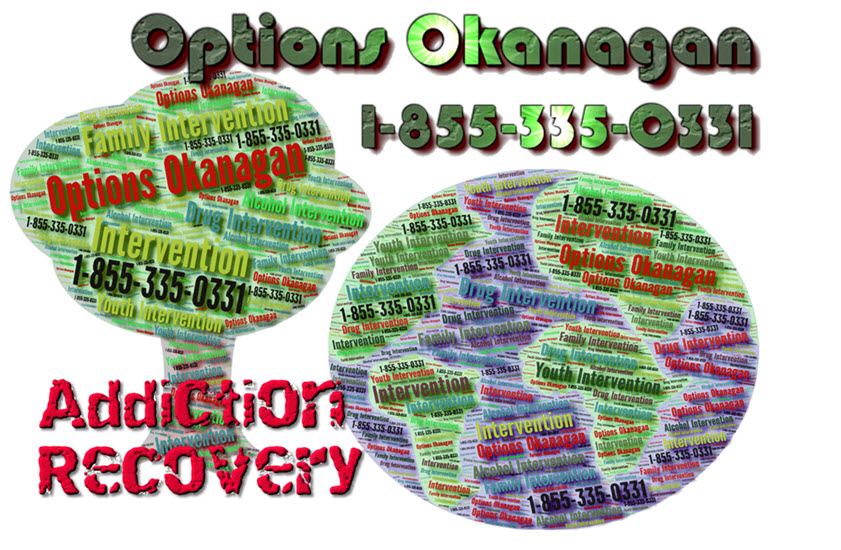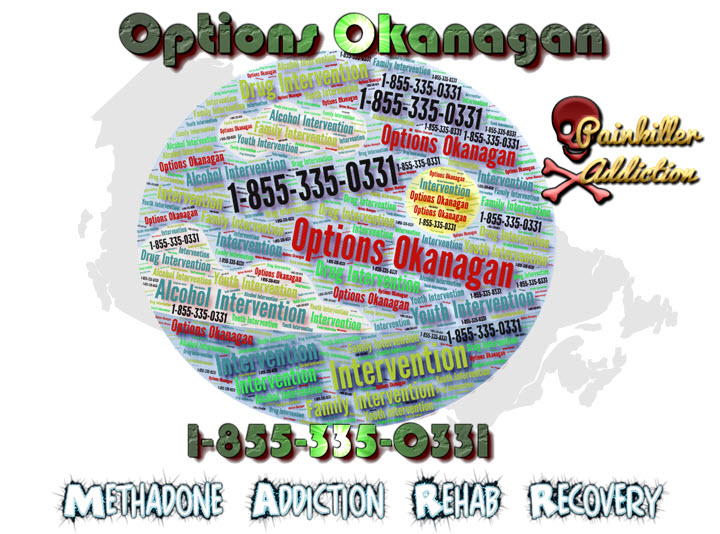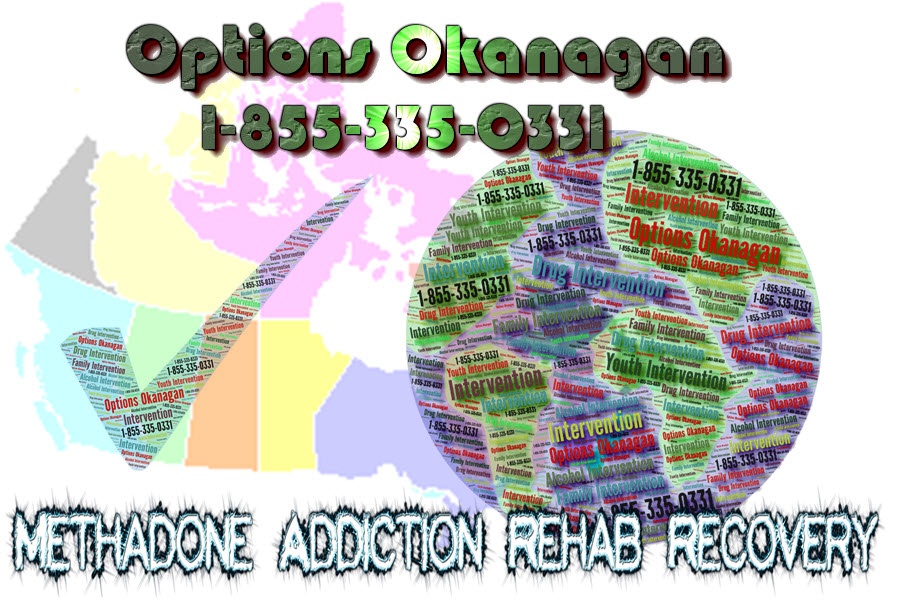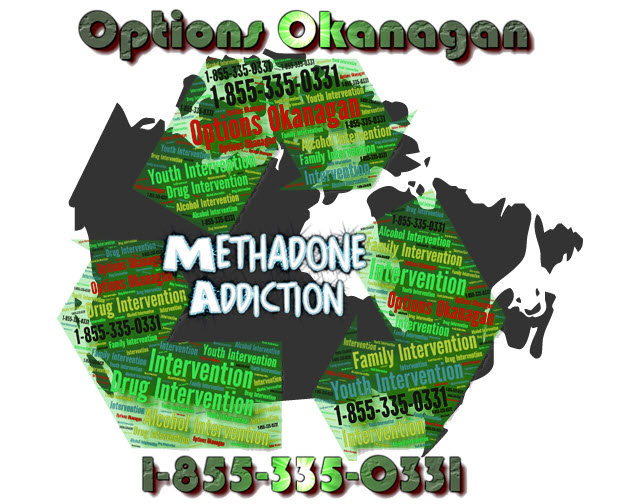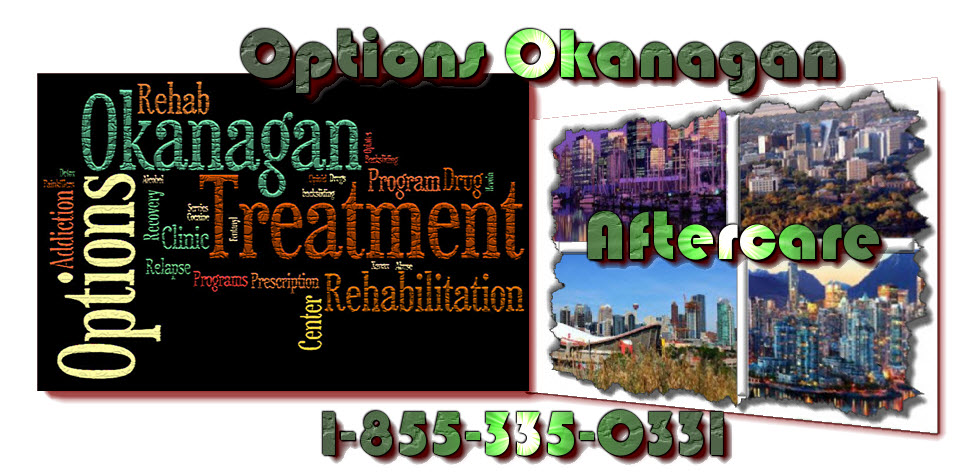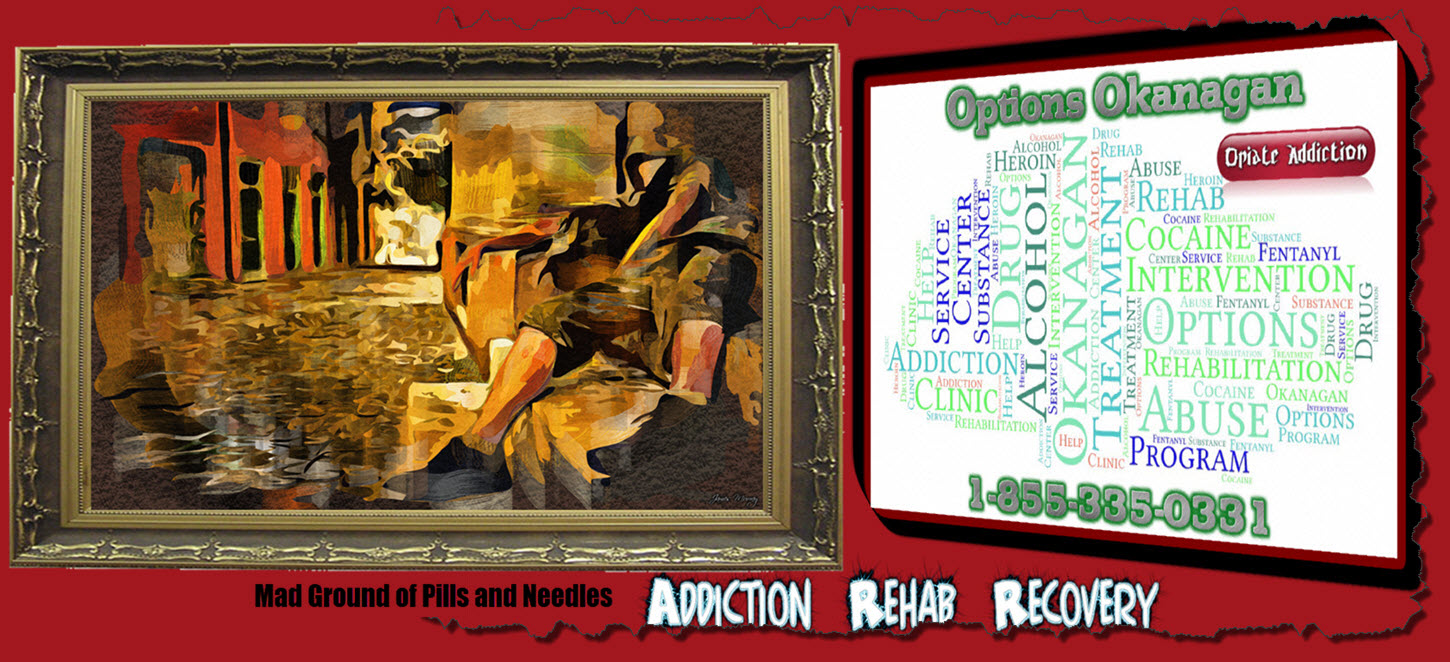Supplementing or Enhancing the 12 Steps Program. Treating opiate addiction in British Columbia and Alberta – Options Okanagan Treatment Centers in Kelowna, British Columbia treating opioid, drug, opiate, fentanyl, heroin, and alcohol addiction and recovery.
Opiate Rehab Treatment In BC & Alberta
Integrating additional all-natural or holistic health and wellness methods can help maintain an individual’s addiction recovery and healing.
All over the world, when individuals think about their sobriety journey they also think about the 12-step program. For many decades, Alcoholics Anonymous (AA) and also other comparable fellowship programs were the only treatment or therapies readily available to many individuals battling with substance use disorders (SUD). These traditions and practices have actually helped and aided millions of individuals to achieve and preserve their sobriety, and even today continues to be one of the most commonly available treatments and therapy choices.
While 12-step programs have a wonderful history, today there are even more methods than ever before to maintain a person’s recovery and live a healthy and balanced lifestyle. Currently, it is feasible to recover from substance use disorders (SUD) with or without using the 12-steps. Many individuals enhance their recovery and healing by integrating all-natural or holistic health and wellness techniques like healthy and balanced eating, yoga exercise, other types of work-outs and conventional healing approaches.
Some individuals in recovery and healing rely on these techniques due to the fact that they never agreed with the 12-step ideology. Individuals may disagree with the suggestion of being powerless and helpless, or with the concept of a higher power in 12-step ideology. Others make use of the fellowship model to sustain their long-lasting sobriety as well as integrate various other practices. Whatever the reason for seeking brand-new techniques outside the 12-step method, there are other terrific choices that can supplement and improve long-lasting sobriety without going to AA or NA meetings. Listed below are a few of the most common:
Healthy and Balanced Eating
Individuals with substance use disorders put their physical bodies through the wringer for years. Not only does substance abuse result in consuming or injecting poisonous substances, but it usually eliminates any kind of motivation or capability to focus on good food nutrition. As a result of this, many individuals get sober and are malnourished as well as physically unhealthy.
In order for individuals to heal their bodies, people in addiction recovery need to discover good nutrition again, seeing to it that they are getting a sufficient amount of fruits, vegetables, and nutrients (balanced diets). Nowadays, with unlimited recipes readily available on the internet and healthy vegan dining establishments very easy to locate, it is easy to focus on healthy and balanced eating without really feeling denied.
Exercising as well as Yoga Exercises
The slogan “just for today” is an important element in the 12-step traditions on sobriety. Taking addiction recovery and healing one step at a time, and also one day at a time is a type of mindfulness that aids individuals from feeling bewildered and overwhelmed. Due to the fact that many individuals currently have mindfulness integrated into their addiction recovery in this way, they discover that yoga exercises with its focus and concentrating on the here and now moment is a natural fit into an individual’s recovery and healing programs.
Along with training and educating the mind not to get carried away, yoga exercises offer a physical workout that is mild enough for people that are healing. As an individual’s toughness in recovery grows, their yoga exercise techniques can advance also, offering brand-new challenges as well as rewards and benefits.
While some individuals favor the gentler movements of yoga exercises, other people like to go to fitness centers, health clubs or run in order to keep themselves centered and focused. Exercising or working-out is an excellent way for an individual to maintain their physical health and wellness, as well as it releases the very same “feel good” brain chemicals that habit-forming substances do. As a result of this, workout programs are a wonderful means to handle cravings and various other obstacles and challenges in addiction recovery and the healing process.
Music and along with a good cardio work-out is an especially wonderful way to exercise in addiction recovery. Similar to exercise, music releases specific endorphins and chemicals that leave an individual feeling good and high-on-life.
Traditional Health And Wellness Philosophies
To supplement an individual’s every day regimens many individuals in addiction recovery explore traditional and conventional methods of healing. Practices like acupuncture and cleansing have physical and mental, psychological health and wellness benefits that some people in addiction recovery find extremely helpful. Naturally, it is necessary to locate a trusted professional, so connecting to specialists is essential.
There is are many ways to preserve long-lasting sobriety. Whether a person is recently sober or has actually been living in addiction recovery for years, attempting a brand-new method and exploring healthy and balanced behaviors can provide a boost an individual’s needs to maintain their recovery and the healing process more interesting.
Options Okanagan Opiate and Alcohol Treatment Centers in Kelowna, Salmon Arm and Vancouver, British Columbia – Men and Women are recovering and healing from Alcohol and Drug Abuse at our treatment center here in the Okanagan right now.
Our unique and distinctive Opiate Drug and Alcohol treatment program allow men and women to come in from Calgary as well as Edmonton as we offer airport pickup.
Numerous clients come to us from Vancouver, Calgary, and Edmonton and other locations in Alberta and even other provinces for Opiate addiction treatment, heroin drug treatment, many other drug and alcohol addictions for rehabilitation because of the uniqueness of our treatment center.
Our (Kelowna ) Alcohol and Opiate Treatment Program Location:
(Not Mailing Address) Contact Us – Web Page
For Mail Delivery :: Please contact each center for correct mailing addresses, also this location is the location of our residential treatment programs in Kelowna. Please call Toll Free 1-855-335-0331 to contact the treatment center you are going to for the address and directions.
Options Okanagan Drug and Opiate Treatment Center
551 Sherrydale Crescent, Kelowna, British Columbia, V1V 2E6
Toll Free Phone Number : 1-855-335-0331

